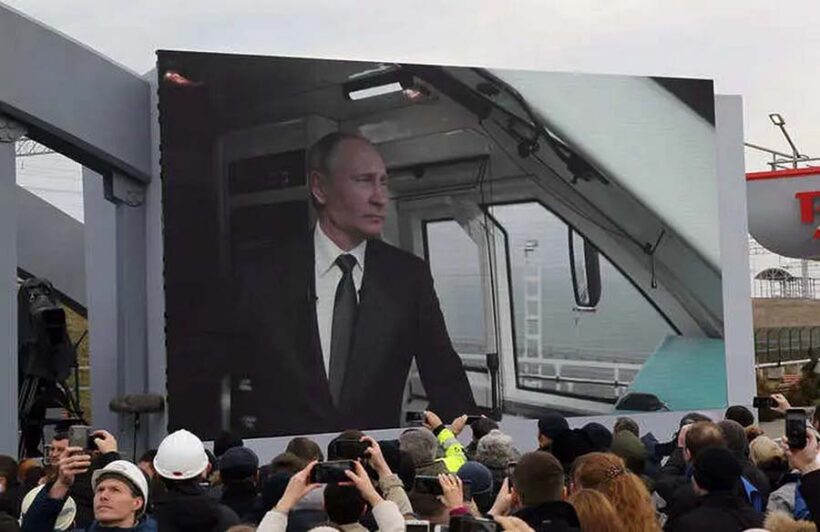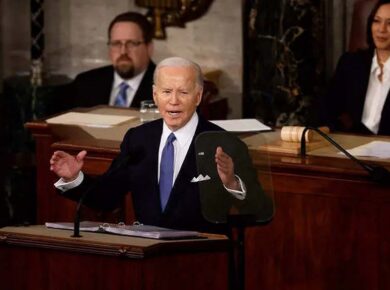Russia is increasingly turning to railway transportation as a strategic workaround to evade Western sanctions, expanding its grand railway plan to bolster trade ties with alternative markets.
Railway Upgrades and Expansion
Initially focused on upgrading crucial eastern rail lines connecting Russia with China, Moscow is now extending its railway network southward, towards India and Persian Gulf countries. This expansion includes a new 100-mile railway segment, costing $1.7 billion, aimed at linking Russia with ports in Iran, facilitating access to India’s trading hub of Mumbai. Construction of this railway is slated to commence this year.
Geopolitical Significance
Russia has touted its railway link with Iran as a potential rival to the Suez Canal, positioning it as a major trade route. This move underscores Russia’s strategic efforts to diversify its trade routes and reduce dependence on traditional markets affected by Western sanctions, such as Europe.
Restoration of Rail Connections
In addition to expanding its railway network to Iran, Russia is also restoring another railway line to access Turkey. These endeavors signal Russia’s determination to maintain vital trade corridors amidst sanctions, ensuring the continuity of imports and exports.
Economic Diplomacy and Priorities
The railway expansion aligns with Russia’s broader economic diplomacy objectives, focusing on strengthening ties with non-sanctioned countries, particularly in the global south. By cultivating robust trade relationships, Russia aims to sustain its economy, bolster oil and gas sales to alternative markets, and facilitate the import of goods necessitated by technological or manpower limitations.
Adaptability and Countermeasures
Russia’s resilience in skirting sanctions underscores its adaptability and strategic acumen in navigating geopolitical challenges. Analysts emphasize the need for Western nations to anticipate and counter Russia’s evolving tactics, urging proactive measures to mitigate the effectiveness of Moscow’s economic diplomacy.
Future Outlook
As Russia continues to innovate and adapt to circumvent sanctions, it remains imperative for Western policymakers to remain vigilant and proactive. Anticipating Russia’s maneuvers and devising preemptive strategies will be crucial in mitigating the impact of sanctions and safeguarding Western interests.
In conclusion, Russia’s expansive railway strategy reflects its resilience and adaptability in the face of geopolitical constraints, underscoring the need for proactive and strategic responses from Western counterparts.










